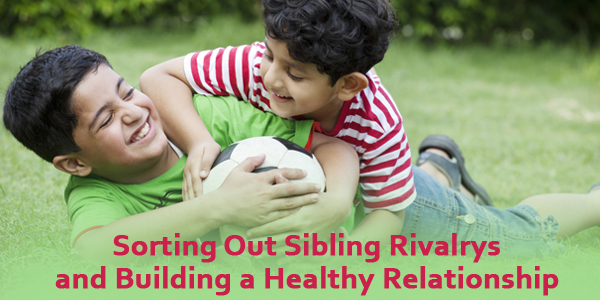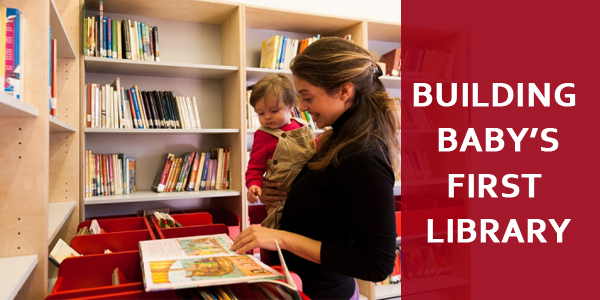The word toddler is derived from the word ‘to toddle,’ meaning to walk unsteadily—which also means your little bundle of joy has just been empowered. In addition to her impressive lung power that regularly wakes up the neighbours at night and sends the resting stray dogs on the street outside scurrying for cover, she is now up on her feet and can take some unsteady steps.
The word ‘tantrum’ has a sinister ring to it because this handy tool is not just the privilege of disgruntled babies, but is known to be used effectively by grown-ups too, leaving considerable devastation in the households in its wake. But, by and large, young children tend to be associated with this ‘act of uncontrolled outburst of anger and frustration.’
So, why do children throw tantrum in the first place? Children usually figure out that the best way to draw parents’ attention is to make their presence felt—the louder the better—when they are a little older than a year. It is an age where their needs and wants are growing, but they are limited by not being able to express themselves about what they want, or what bothers them.
This limitation may result in the child being frustrated to the extent of resorting to obnoxious behaviour to gain attention. The tantrums may last for a short time, but are known to extend up to a good half hour or more, driving the harassed parents clean up the wall! Tantrums lasting longer than this need to be investigated further as it may be symptomatic of a larger problem.
Let’s look at the different flavours of temper tantrums in children and how to deal with the resultant behavioural issues associated with these outbursts: [Read more…]









